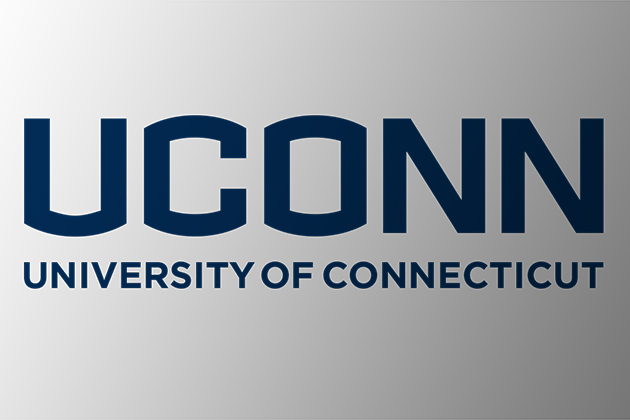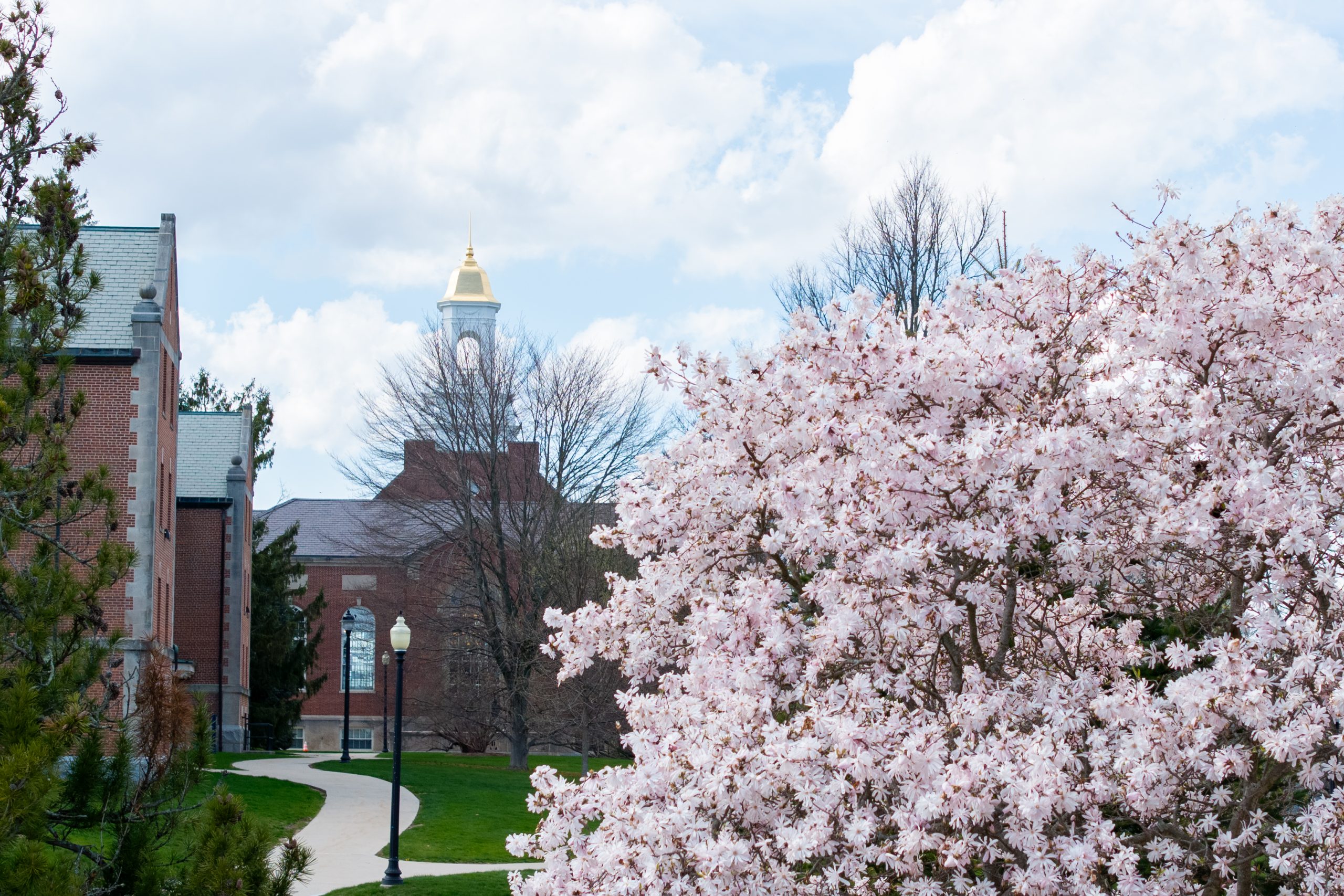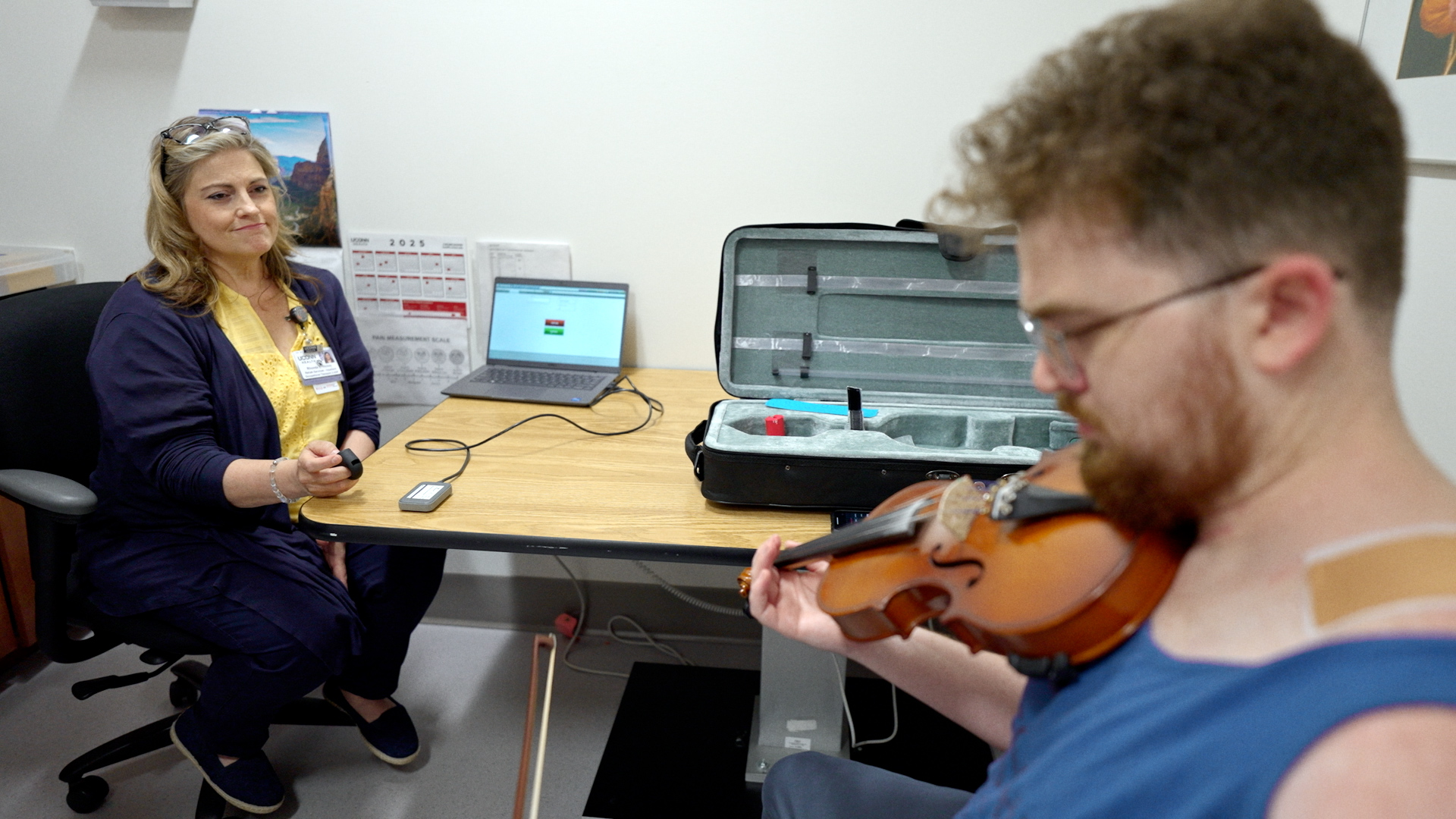UConn officials on Monday released the results of a comprehensive sexual violence climate survey conducted last fall, saying the University will use the results to help determine where to focus prevention and response efforts in a way that best serves students.
The anonymous survey was administered in November 2015 by the Higher Education Data Sharing Consortium, and included students from Storrs and the regional campuses.
The survey asked students their impressions about campus climate around sexual assault; their perceptions of how UConn responds to concerns regarding sexual assault; and whether and how often they have experienced unwanted sexual contact or sexual assault while a student at UConn.
The results “provide an important view into our students’ experiences with and perceptions about sexual violence at UConn,” President Susan Herbst said in a university-wide message Monday announcing the findings. “These important results will inform our continuing efforts to prevent sexual violence and to enhance support to victims and survivors when incidents occur.”
More than 6,000 randomly selected undergraduate and graduate students on the Storrs and regional campuses were invited to participate. Just over 25 percent of those UConn students who were selected – or more than 1,500 students – completed the survey.
Among the findings, presented more comprehensively online here:
- 82 percent of responding students agree or strongly agree that they feel safe on their campus; 12 percent neither agree nor disagree; and 6 percent disagree or strongly disagree.
- 5 percent of responding students experienced completed sexual assault, and 2.6 percent suspected but were not sure that they were sexually assaulted.
- 69 percent of responding students responded that they knew the actions they can take to help prevent sexual assault, such as bystander intervention, clear communication with a potential partner, or some other action, while 21 percent answered that they did not know how to take such actions, and 10 percent were unsure.
- While 77 percent of responding students answered “yes” to knowing what sexual assault is and how to recognize it, fewer responding students, 55 percent, answered that they knew how to report an incident of sexual assault or knew the confidential resources for sexual assault. Fewer still, 35 percent, answered that they knew the University’s procedures for investigating a sexual assault.
In her email to the community, Herbst underscored that the results show the need to continue to focus on “bolstering university-wide awareness of actions that can be taken to prevent sexual assault, and also how best our students, faculty, and staff can provide support when incidents do occur.”
She also said that “while we have worked over the past several years to expand resources and clarify reporting options, our results make clear that there is more work to be done in this area to ensure that all of our community members are aware of these options and resources, and to ensure that our students feel comfortable and supported in accessing them.”
UConn is among many universities nationwide using anonymous surveys to seek candid feedback from students about their experiences, impressions of support services, and other opinions on the important area of sexual assault prevention and response.
“UConn’s administrators wanted to better understand our students’ perceptions about UConn’s climate around unwanted sexual contact and sexual assault, and also whether and how often students have experienced unwanted sexual contact or sexual assault since arriving at UConn,” said the University’s Title IX Coordinator, Elizabeth Conklin. “This information is critical in shaping our awareness, prevention, and response efforts moving forward.”
In recent years, the University has significantly expanded its services through more robust bystander intervention training, sexual violence prevention programming, resources for students impacted, and updated policies. Comprehensive information about resources can be found at www.titleix.uconn.edu.
“This summer, UConn launched our bystander intervention program, ‘Protect Your Pack,’ for all incoming UConn students during Orientation and the Week of Welcome,” said Eleanor J.B. “Elly” Daugherty, UConn’s associate vice president for student affairs and dean of students. “This work is critical to increasing awareness of sexual violence, and empowering students to intervene during critical times. This is, however, just a beginning, as we work to continue to increase knowledge among students of the influence of alcohol and other drugs and their impact on obtaining affirmative consent.”
UConn’s Office of Institutional Research and Effectiveness worked with the Higher Education Data Sharing Consortium to compile the data.



